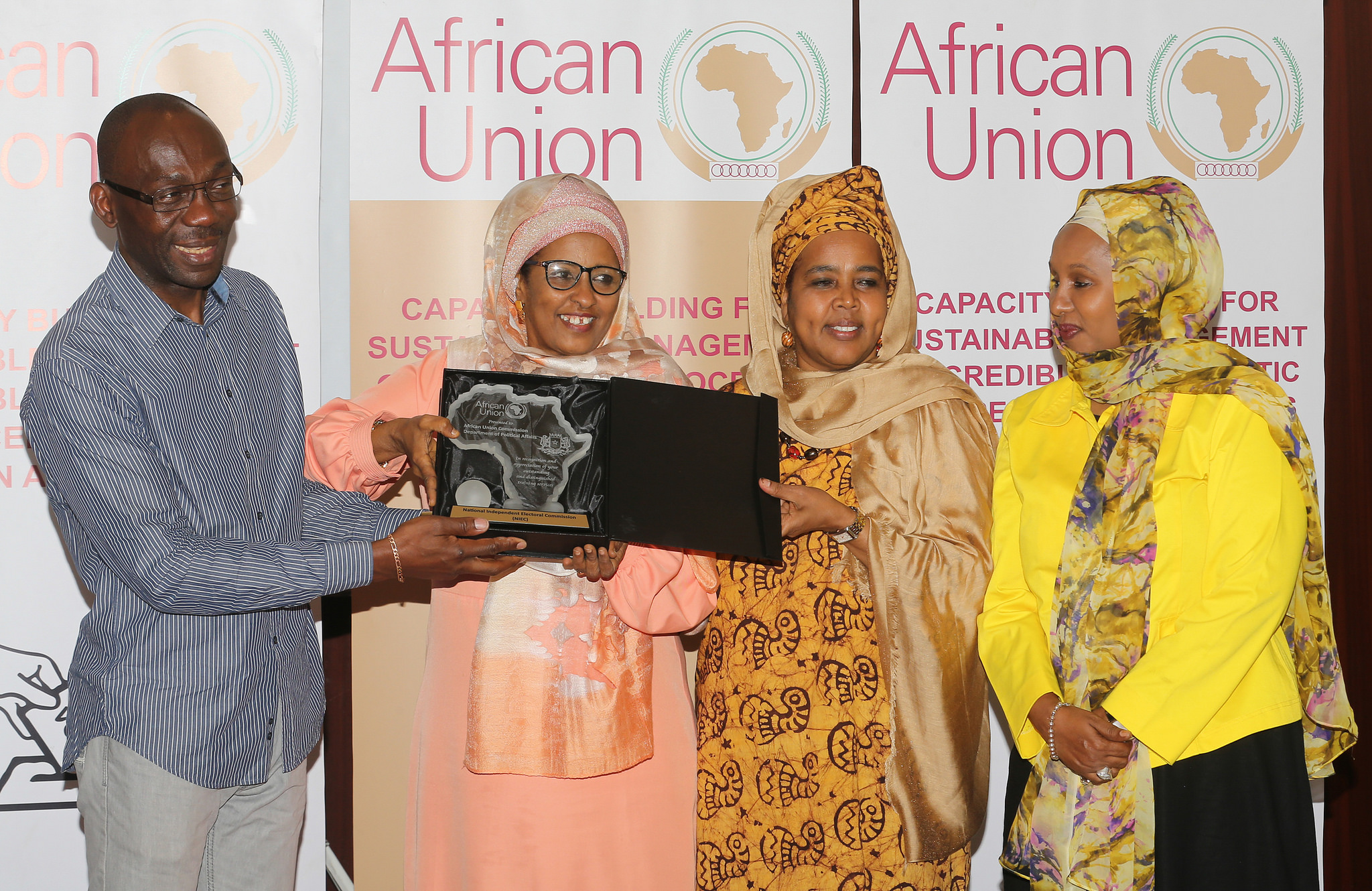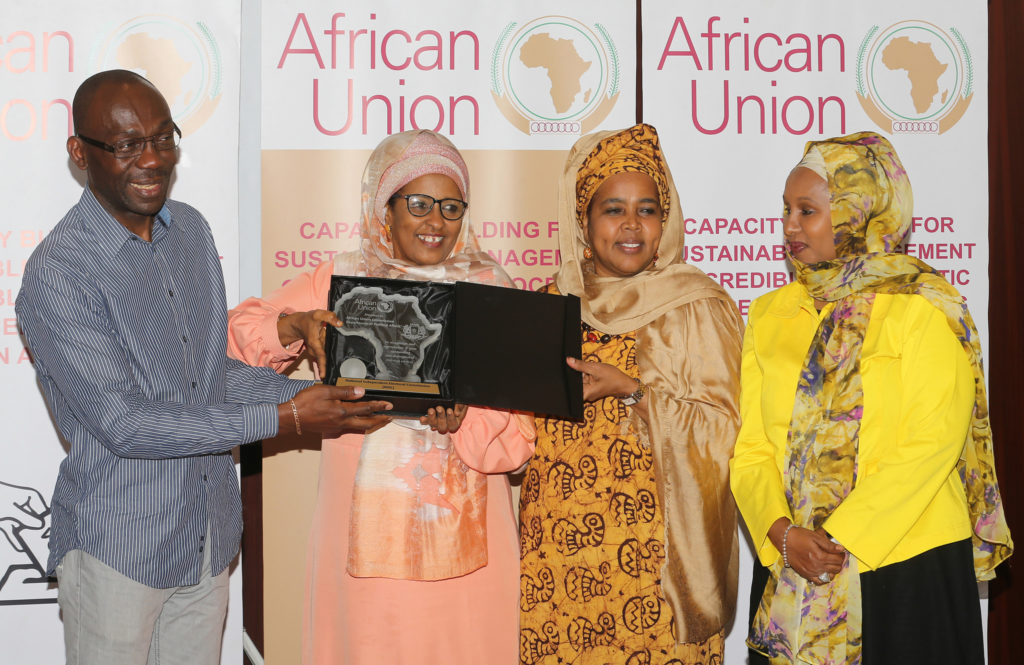NIEC to kick off boundary delimitation next year


BY FAUXILE KIBET
NAIROBI: Somalia’s National Independent Electoral Commission (NIEC) has announced plans to kick off the electoral boundary delimitation exercise, after completing a three day training in Kenya’s capital Nairobi.
The training which was facilitated by the African Union Mission in Somalia (AMISOM) and supported by the African Union Commission (AUC), brought together participants from the NIEC, Office of the President, Office of the Prime Minister and various ministries.
According to Halima Ismail Ibrahim, the NIEC chairperson, the delimitation exercise will start in next year ahead of the 2020 elections. She added that initially, the exercise was to start in 2020 but after the training, the commission saw that the exercise was urgent and required a lot of work and therefore should be started immediately.
“We thought that it was a simple thing, the delimitation of boundaries for elections, and we were planning to do it around 2019 but before we start we need to take various steps. We have found that we are in a real critical situation. We must start the process as soon as we go back,” she said.
The exercise which was carried out by electoral experts from various African countries and the African Union Commission, the Somali electoral commission officials took the NIEC officials through boundary delimitation experiences from Kenya, Nigeria, Democratic Republic of Congo (DRC) and Tunisia among others.
“The most important thing that opened our eyes was DRC, how they did it. Even though the territory was complicated, the country divided, infrastructure destroyed and how there was interference from foreign countries and their military. When we studied all that we said if DRC did this, Somalia’s will be very easy to do. And we are confident we
can do it,” the NIEC chairperson said.
Participants of the exercise said the team gained plenty of insights in the way democratic and independent elections are held in the normal and post-conflict countries in Africa.
“We gained a lot of inside information especially when we compared different countries, how they did it, regular, normal countries that didn’t have any problems and also post-conflict countries. So that helped us to prepare ourselves for the coming 2020 elections,” Said Ali Mohamed Mohamud, a senior policy adviser, Ministry of Interior of the Federal Government of Somalia,
Acting Head of the Democracy and Electoral Unit at the African Union Commission, Guy Cyrille Tapoko, promised the participants that the continental body would continue to support Somalia’s electoral process. He said the countries picked as examples were carefully selected.
“All these contexts were selected with the view of giving all the dynamics to the members of the electoral commission of Somalia and also other stakeholders to understand what is really about electoral boundaries delimitation for them to (also) understand the dynamics, the criteria, the principles that they may need to consider when they think about their own electoral boundaries delimitation,” said the African Union Commission official.